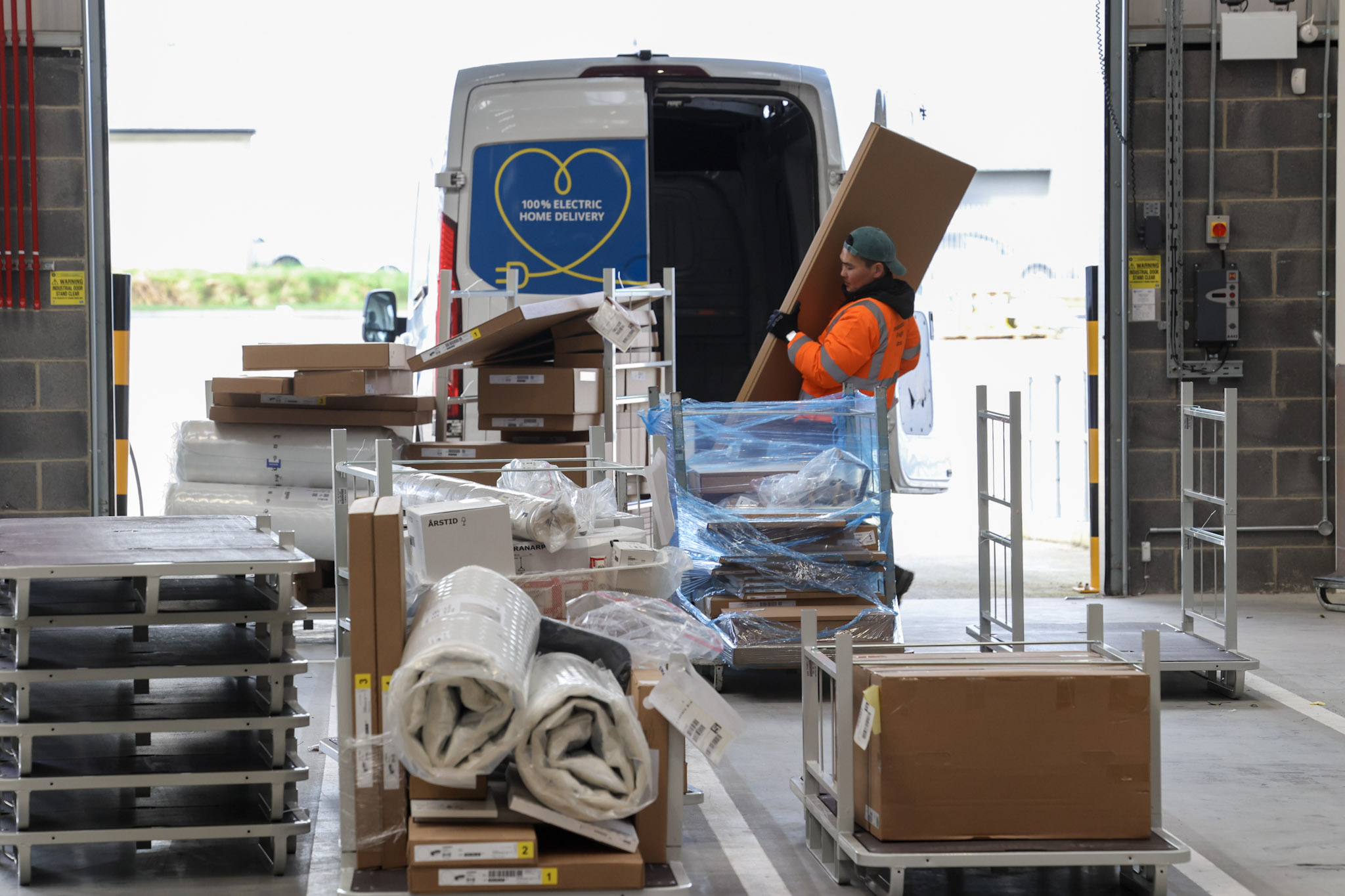As ambitions grow around the use of drones for home delivery the world’s first national drone delivery service was launched in Rwanda last week.
The service, which began last Thursday is seeing the Rwandan government using drones to make up to 150 on-demand deliveries a day. However rather than consumer goods the deliveries will be of blood to 21 transfusing facilities in the western half of the country. The service was launched by Rwandan president Paul Kagame.
The drones and delivery service are built and operated by Zipline – a California based robotics company. The service is to then be expanded with an international partnership between UPS, Gavi, the Vaccine Alliance and Zipline, which will help the country quickly expand the types of medicine and lifesaving vaccines that can be delivered by drone. The proposed extension of services is based on a $1.1 million grant from the UPS Foundation.
For Rwanda the drone service isn’t only about speed but also accessability. Inadequate transportation or supply chain infrastructure makes some areas more difficult to transport to than others whilst during the country’s rainy season many roads become either impassable or non-existent.
The blood transfusion clinics involved in the new drone delivery service network place emergency orders by cell phone text message. These are then received by Zipline at its distribution centre in the country’s Muhanga region. Here it maintains a 15 strong fleet of drones called Zips – each of which can fly up to 150km in total and carry 1.5kg of blood. Deliveries are airdropped at a designated spot called a mailbox near the health centres that they serve.
As well as the types of medical products transported the service will also be expanded to the Eastern half of the country early next year.
“One of the most important focus areas for The UPS Foundation is to spark public-private partnerships that create powerful scale and drive demonstrable impact in support of global humanitarian aid and relief,” said Eduardo Martinez, president of The UPS Foundation and chief diversity and inclusion officer at UPS.
“The shared belief in the ability to save lives through applied innovation, combined with Rwanda’s vision, is now not only poised to advance humanitarian logistics – and logistics as we know it – around the world, but also to save lives. Now is when our partnership between The UPS Foundation, Gavi and Zipline counts most, as we see the first operational missions dedicated to shipping lifesaving blood, and keep our eye on what the future can bring for other life-saving commodities, as well as for other parts of the world.”
During next year Zipline plans to expand drone delivery services to countries across Africa and the Americas.
Our view: UPS, like Amazon, is pushing hard on the development of delivery by drone. In humanitarian needs such as these where alternative delivery methods or hard to reach locations are also challenges they make huge sense.
Of course the utopia involves their wide-scale use in the home delivery process. UPS has already been testing drones inside warehouses in Louisville, Kentucky and Venlo, Netherlands in order to check high storage racks to confirm stock or available space rather than using forklifts and ladders.
Can we really overcome the many challenges of home delivery by drone though? That, for the time being, remains to be seen but proof of concepts such as these definitely brings the idea baby steps closer.
Image credits: Zipline









